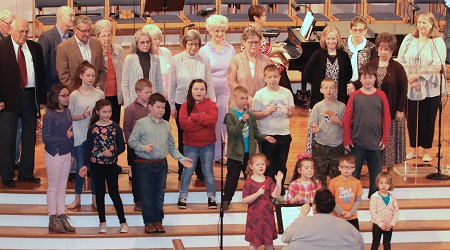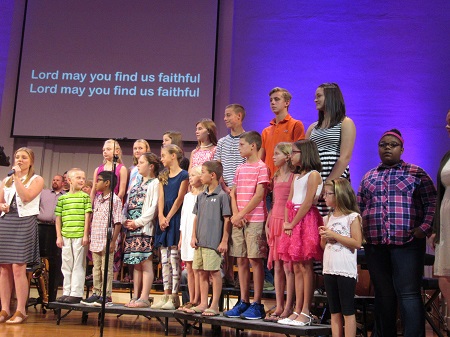Read Between the Lines
 “I’m not angry!” she yells as she clenches her fists and stomps away! If we read between the lines, we hear the message of her behavior rather than her words.
“I’m not angry!” she yells as she clenches her fists and stomps away! If we read between the lines, we hear the message of her behavior rather than her words.
To read between the lines means to find the true message.
We understand what was not said or written — what a person really means. Hidden feelings or thoughts become clear.
This can also happen when anyone hems and haws, trying to avoid giving an answer.
Read between the lines comes from cryptography.
Secret writing hides true messages between the lines of text. The Free Dictionary’s explanations include:
- “In one code, reading every second line of a message gives a different meaning from that of the entire text.”
- In another method, people “write the secret information in invisible ink between the lines of a document.”
Honesty with self and others makes life easier.
When we try to fool anyone, no one wins. Better to say and do what we mean, to remain on the up and up. The Apostle Paul left his readers a good example.
“My letters have been straightforward and sincere; nothing is written between the lines!” (2 Corinthians 1:13 TLB).
Thanks to Amy Walsh for the idea from a recent social media post.
Do you have an expression you want explained or a thought about this one? If so, please comment below.
Subscribe to receive my weekly posts by email and receive a free copy of “Words of Hope for Days that Hurt.”
If you enjoyed this post, please share it with your friends.
 Pastors don’t need to convince believers to accept Jesus. That would be like preaching to the choir.
Pastors don’t need to convince believers to accept Jesus. That would be like preaching to the choir.  To spread a message, the messenger must go to those who:
To spread a message, the messenger must go to those who: Of course, people enjoy sharing the same beliefs. Choir members sing and praise God with other believers. True worship makes them
Of course, people enjoy sharing the same beliefs. Choir members sing and praise God with other believers. True worship makes them  Not much fits in a nutshell.
Not much fits in a nutshell.  We find the most important part in a nutshell.
We find the most important part in a nutshell.